
1. Have you exhausted all the traditional channels to have your book published?
This may include finding an agent to represent you and your work or you may have chosen to approach publishers who are prepared to look at manuscripts directly from submitted by authors. Pursuing this path for a period of time can actually prove highly rewarding for an author. It may take one, two or more years, but the outcome at best could be a publishing contract for one or more books, or at worse, some editorial feedback and direction from an authoritative and expect voice which can help an author improve their book manuscript and hone their own literary skills.
2. Have you implemented the advice and suggestions from agents or publishers to improve you and your book?
In reality when an author types ‘The End’ on the book manuscript, it rarely proves to be the final published version which will go to print. Skilled literary agents and editors can often provide an objective perspective and offer suggestions on improvements. Ultimately, a healthy working relationship between editor and author is paramount and he/she after all are the person who is going to have to ‘sell’ the manuscript to the publishing house he works for. If you are fortunate as an author to reach this stage and decline many changes suggested to you, your agent may stop working so hard for you simply ‘run down the clock’ on your contract with them. Publishers too can be fussy and they like their books to ‘fit’ easily into their genres and catalogue listings.
3. What is your own personal measure of success for your book?
The range, scale and expectations for a book differ greatly depending on how serious an author is about their craft of writing and how they perceive their own books. Some writer’s long term intentions may be to earn at least a living income from writing books and articles. Other writers may have ‘fallen’ into the craft and do not see beyond the printing and publication of their first book. Hence, the wishes, aspirations and needs of writers differ greatly. There was a time when an author handed over their book to a publisher and the two in tandem floated off down the river leaving the author almost stranded on the river bank as if they were saying goodbye to a teenager leaving the family household for good. Now, publishers expect an author to work actively on promoting their book and raising as much as possible their public profile as an author.
4. Have you carefully studied the market for your book?
A good idea for a book may be the perfect way to start writing a book, but when finished you may find the market flooded with a thousand and one other similar books. Knowing the market for your book will also greatly influence what publishers you should approach with your manuscript and it will help you target your readership and the mediums you will use to reach them, particularly if you are considering self-publishing.
5. Have you researched and studied the requirements of self-publishing? How much do you know about author solution companies and how to identify a reputable one?
If this is the stage you are at and the reasons why you are reading self-publishing articles and browsing on line resources, then it is time to seriously and carefully consider the following question and which area to fall into. This will determine what path you should take, and crucially, if self-publishing is really right for you at your present stage.
6. Has the feedback from fellow writers, submissions to literary agents and publishers resulted in one or more of the following?
(A) They have told you that your work could be written better and is not of a publishing standard.
(B) Your work falls into niche markets which would not generate much revenue for publisher or author.
(C) Your work is interesting/good but why did you send it to our publishing house?
(D) You have previously published with traditional publishers but did not enjoy the experience or have a great amount of success.
(E) You do not get any feedback from agents or publishers when you submit to them.
(If ‘A’) Take constructive criticism on the chin. You are a long way off honing your writing craft and achieving publication. Every writer can always improve with time, effort and proper guidance. Join a local writing workshop run by an established writer and teacher. Join a book club and widen your own reading taste. Then, start an entirely new writing project and begin submitting your work again to agents and publishers.
(If ‘B’) Clearly you have writing ability. It may be that book publishing does not suit your niche. Try submitting your work as articles to magazines, physical as well as on line. Try small niche publishing presses or ebook publishers. If you do not have a blogsite, create one and write about general subjects in the news. This may also help to build your own public profile. Consider taking your writing to a different medium – local radio/TV or a local community newspaper for your niche interest/subject. Raise your profile and try expanding from there.
(If ‘C’) You might be the next Stephen King, but however good you are, you must have at least some understanding of the publishing business and the kinds of publishers there are. Make sure the agent/publisher you are submitting to actually publish the kinds of books you write. Study the Writers Market for publisher and agent listings. Submit query letters first and always ascertain an editor’s/agent name when you are submitting your work. Not every book is published by Penguin, Random House, HarperCollins and Simon & Schuster. There are thousands of publishers in the English speaking world. Find books of a similar genre or theme as your books in your local bookshop and find out who the publisher is. Read the boring acknowledgements you usually skip over and find out the name of the authors agent he is thanking there.
(If ‘D’) You have done the publishing gig the traditional way and learned that the majority of published authors do not earn a living from book publishing alone. You know the book publishing business pretty well, have your own dedicated following of readers and public profile, but you find the tradition book publishing business to be controlling and restrictive. Self-Publishing is a very serious option for you to consider. Form your own imprint and investigate the distribution and marketing methods you can use for your next published book. You may find that through self-publishing you may get a better profit on royalties, more control on editorial and design decisions and you may finally be able to resurrect books which your last publisher rejected. Finally, talk to self-published author about their experiences.
(If ‘E’) It sounds like you are not presenting your work very professionally to either agents or publishers. This may also be a symptom which goes deeper into your writing in general. Somehow, you just aren’t putting your best foot forward. Consider all the advice in A, B and C.
Whatever conclusions you reach about where you are and what your options are, self-publishing should never be seen as a way to publish your book through the adoption of a lower standard. Self-publishing is not, and should never be seen as some form of ‘watered’ down publishing. A good self-published book should be unrecognizable from a traditionally published book in quality of print and content.
Get an Editorial Review | Get Amazon Sales & Reviews | Get Edited | Get Beta Readers | Enter the SPR Book Awards | Other Marketing Services










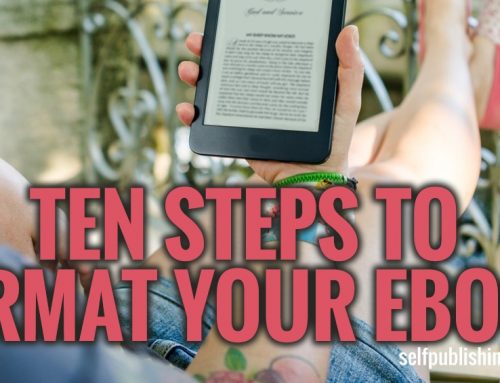
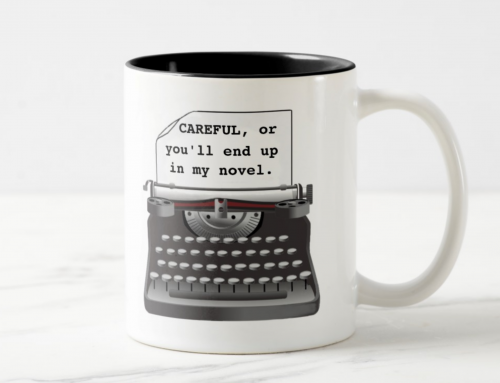
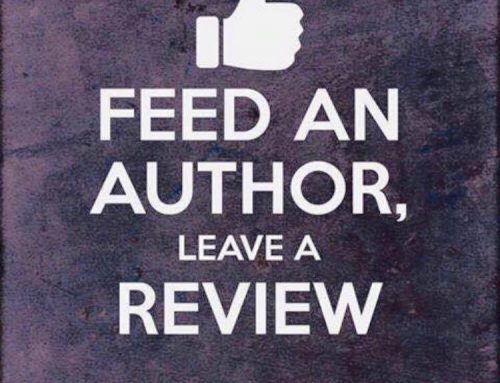
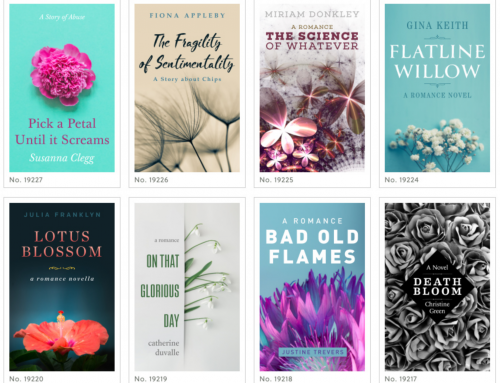
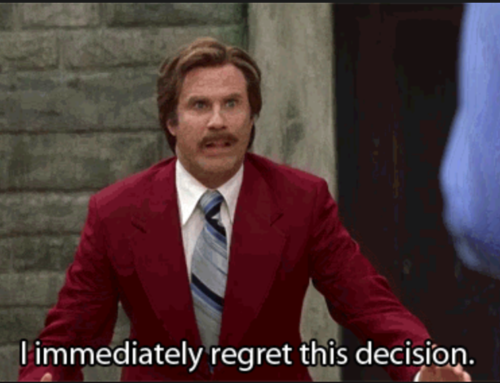
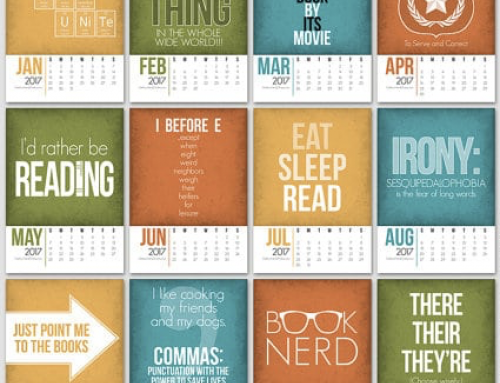
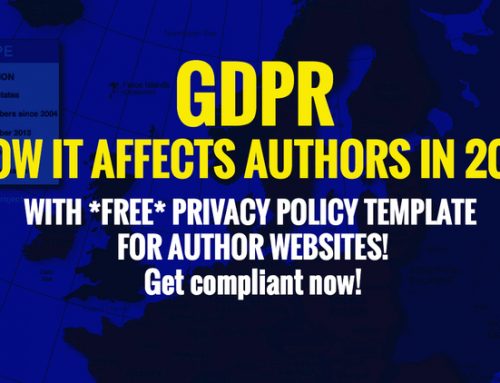
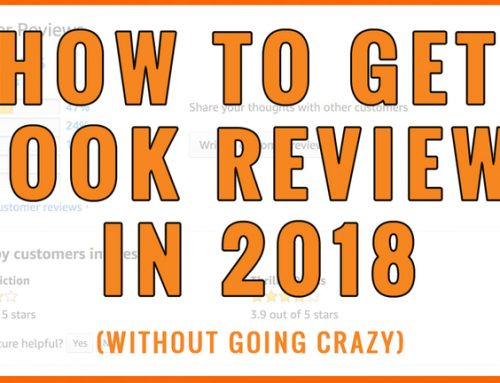
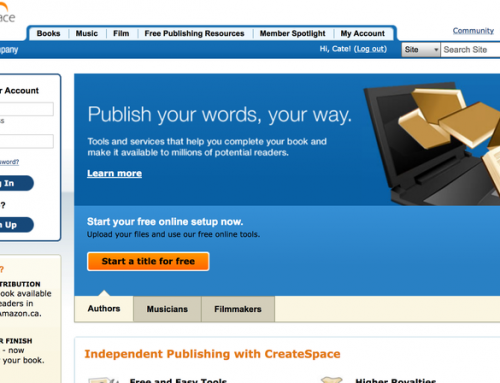

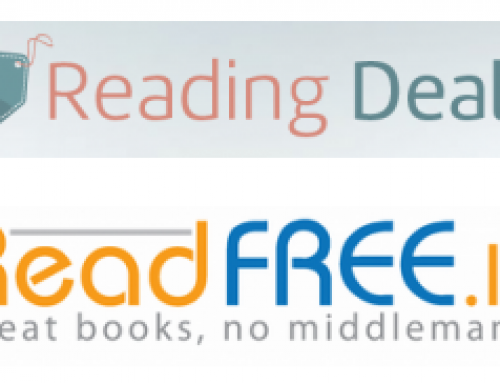
Leave A Comment